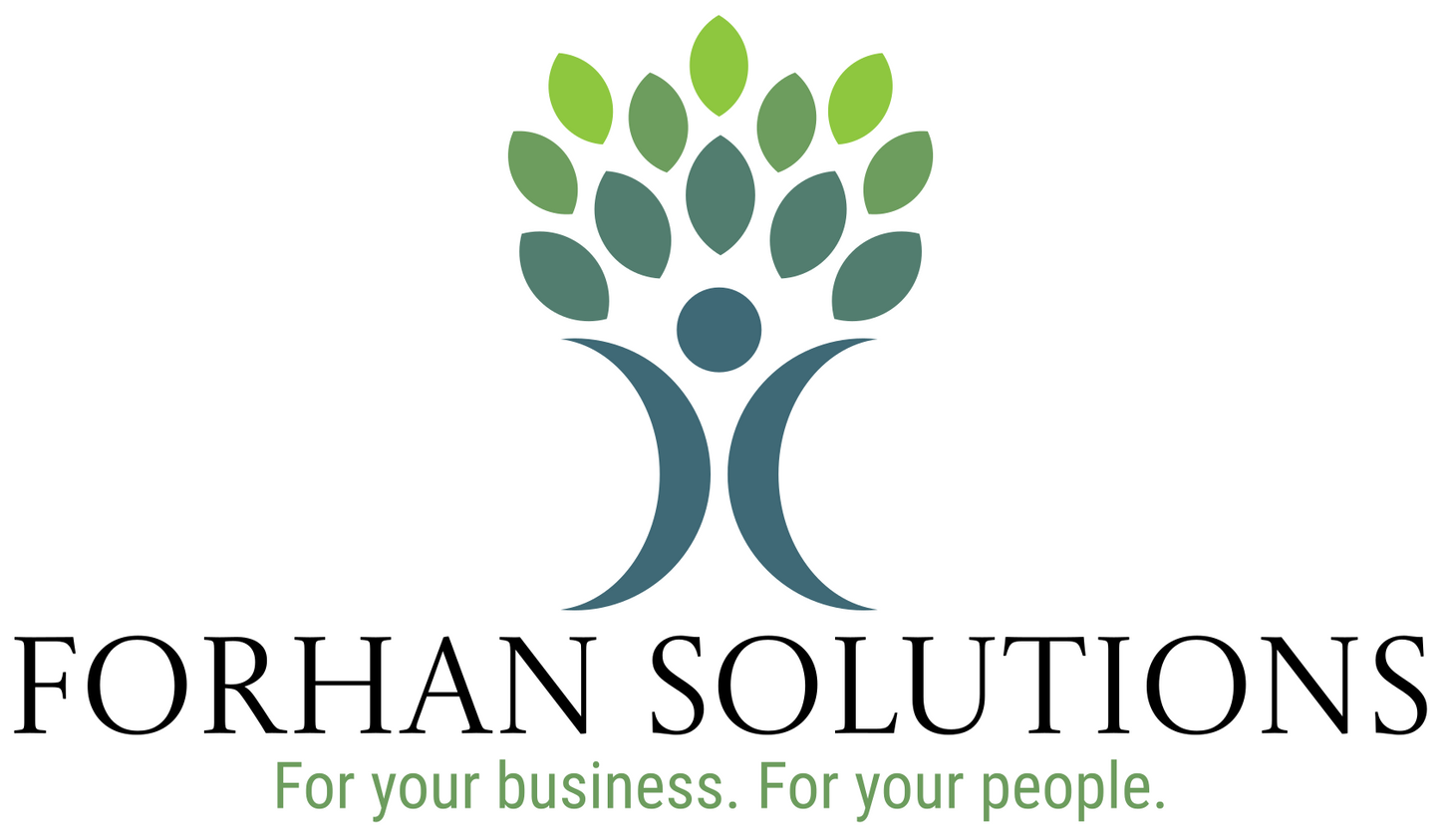Employee Benefits: Millennials vs. Boomers

Millennials have surpassed Baby Boomers as the largest living generation, according to Pew Research, yet many employers continue to offer benefits that don’t motivate Millennial workers.
Part of this disconnect arises from the fact that Boomers still occupy many of the most senior management positions, and less than half of them have a spouse who works full time. In comparison, 8 out of 10 Millennials in the workforce are part of a dual-income couple.
That’s a big part of why they seek out work-life balance and self-improvement benefits. They need flexibility in where and when they work due to the complexity of scheduling two full-time careers, along with all of their responsibilities.
While healthcare is definitely still huge consideration for Millennials, one size does not fit all. Offering a traditional benefit package built around medical, dental, life, disability and 401(K) retirement planning will not set a company apart in attracting top talent. Businesses that are already offering Millennial workers what they need are outperforming their respective markets with a more engaged workforce, 22 percent higher profitability and 21 percent stronger productivity.
Some of the most attractive benefits from a Millennial’s point of view are time savers and “life hacks,” such as employee discount programs, student loan assistance and gym memberships. Jim Conti, Talent Director at Sprout Social, explained, “Millennials are looking to connect their personal and professional lives in a way that’s dynamic. They want a connection between their personal passion and what happens in the workplace.”
THE 5 MOST VALUABLE BENEFITS
PwC conducted a survey of thousands of Millennials around the world to find out how they are reshaping the future of work. The top benefits that these workers identified as the most valuable to them were:
- Training and development — 22 percent
- Flexible working hours — 19 percent
- Cash bonuses — 14 percent
- Free private healthcare — 8 percent
- Extra vacation days and retirement funding — tied at 6 percent
The main takeaway is that traditional, long-term benefits have significant value for Millennials, but they often do not differentiate among the employers who are competing to attract the best talent. The benefits they care about matter more than the employer branding. Millennials prioritize personal growth and immediate returns.
4 CREATIVE BENEFIT OPTIONS
Along those lines, forward-thinking businesses have gone even further in offering highly creative benefits meant to attract the most talented Millennials, such as:
- Student Loan Repayment — Forbes referred to student loan repayment as the hottest employee benefit of 2017. A recent survey found that 3 out of 4 respondents said that if a company offered student loan repayment as a benefit, that would be a “deciding factor” in whether the candidate would accept the offer.
- VTO (Volunteer Time Off) — Deloitte’s 2016 Millennial Survey found that those who stayed with employers for five years or more were 88 percent satisfied with their sense of purpose. Nearly 67 percent preferred employers that encouraged them to volunteer for a cause while at work. Tyrene Hodge at media giant Cox Enterprises said, “Today, employees expect their companies to be good corporate citizens. It’s not a nice to do, it’s a business imperative.”
- Life coaching — At least 34 percent of the workforce is freelancing now, while remote work and part-time positions are expanding. The basics of the employer/employee relationship have changed. In order to compensate for the lack of predictable income and traditional benefits, these Millennials seek advice on how to do achieve more with the time they have. Personalized learning plans help them put aside distractions and be more productive at work.
- Mind-Body-Spiritual Wellness — A surprising number of Millennials favor fresh flowers as a major benefit at work. Organic lunches and yoga retreats also fall into the kind of benefits that Boomer executives rarely even consider. However, more than half of Millennials say they want to work in a healthy environment free from negativity and toxic behaviors.
THE QUESTION OF ATTRACTION
Eventually, every company will have to take a closer look at what kind of talent they are attracting with their benefit packages. Millennials are an incredibly diverse group, with many conflicting priorities and values. That makes flexibility the key to establishing positive employer branding and bringing in the brightest stars from this generation.



